Thoracoscopy
India
-
Our Price USD 2790
-
Hospital Price USD 3100
-
You Save : USD 310
Booking Amount: USD 279. Pay Remaining 90% at the hospital.
Book NowAdditional Credit
Among the important extras we offer as part of the Additional Credit are the following:
-
Site Tourism For The Patient & Attendant
-
Airport Pick & Drop Service
-
Ambulance service at airport
-
Priority appointments with The Doctor
-
Cancel Easily Anytime with Full Refund
-
Room Upgradation
-
Free Online Doctor Consultation Valued at USD 20
-
Free hotel Stay for 5 to 7 days Accordingly
-
Welcome Kit at Arrival
-
Interpreter
-
Medical Visa Assistance
What is Included?
- Doctor consultation charges
- Lab tests and diagnostic charges
- Room charges inside hospital during the procedure
- Surgeon Fee
- Cost of implant
- Nursing charges
- Hospital surgery suite charges
- Anesthesia charges
- Routine medicines and routine consumables (bandages, dressings etc.)
- Food and Beverages inside hospital stay for patient and one attendant.
What is not Included?
- Extra Radiology Investigations
- Healthcare Professionals Charges of other consultations.
- Other Requested Services such as Laundry etc.
- Additional Pharmaceutical Products and Medicines After Discharge from Hospital.
- Management of Conditions Unrelated to Procedures or Pre-Existing.
- The cost of any additional implants will be in addition to the package cost.
Package Description
Diagnostics Thoracoscopy With Biopsy
Thoracoscopy can be performed to examine a suspicious region shown by an imaging test (such as a chest x-ray or CT scan). It can also be used to get biopsy samples from lymph nodes, aberrant lung tissue, the chest wall, or the lung lining (pleura). It is frequently prescribed to persons who have mesothelioma or lung cancer.
An endoscope is placed through the chest wall into the chest cavity after a general anaesthesia has been administered. To acquire lung tissue for evaluation, many types of biopsy equipment can be put through the endoscope. Video-assisted thoracic surgery (VATS) biopsy is another name for this operation.
Disease Overview:
Mesothelioma
Malignant mesothelioma is a malignancy that affects the thin layer of tissue that protects your internal organs (mesothelium).
Mesothelioma is a cancer that is both aggressive and lethal. Although there are therapies for mesothelioma, a cure is not achievable for many people with the disease.
Depending on whatever section of the mesothelium is compromised, doctors split mesothelioma into distinct categories. The most common site of mesothelioma is the tissue that surrounds the lungs (pleura). Pleural mesothelioma is the term for this variety. Other, more uncommon kinds of mesothelioma involve tissue in the belly, around the heart, and around the testicles (peritoneal mesothelioma).
Disease Signs and Symptoms:
The signs and symptoms of mesothelioma differ based on the location of the malignancy.
Pleural mesothelioma, which affects the tissue that surrounds the lungs, can produce the following signs and symptoms:
- Pain in the chest
- Coughing that hurts
- Breathing problems
- Unusual tissue lumps under your skin on your chest
- Weight loss that isn't explained
Disease Casues:
Cancer develops when the DNA of a cell undergoes a sequence of changes (mutations). The instructions that inform a cell what to do are included in the DNA. The mutations cause the cell to proliferate and expand uncontrollably. A tumour is formed when aberrant cells clump together.
Although studies have found characteristics that may raise the risk, it is unclear what causes the initial genetic abnormalities that lead to mesothelioma. Many factors, including genetic diseases, your surroundings, your health conditions, and your lifestyle choices, are likely to combine to cause cancer.
Risk Factors
The major cause of mesothelioma is asbestos exposure.
Asbestos is assumed to be the cause of the majority of mesotheliomas. Asbestos is a naturally occurring mineral. Asbestos fibres are strong and heat resistant, making them useful in a number of items including insulation, brakes, shingles, flooring, and many more. Dust is formed when asbestos is broken up, such as during the mining process or when asbestos insulation is removed. If asbestos fibres are inhaled or ingested, they will settle in the lungs or stomach, causing discomfort and perhaps leading to mesothelioma. The exact mechanism by which this occurs is unknown. After asbestos exposure, mesothelioma can take anywhere from 20 to 60 years to develop.
The majority of people who are exposed to asbestos never develop mesothelioma. This suggests that other variables may play a role in whether or whether someone develops mesothelioma.
Asbestos fibres are strong and heat resistant, making them useful in a number of items including insulation, brakes, shingles, flooring, and many more.
For example, you might be born with a predisposition to cancer or suffer from another illness that raises your risk.
The following factors may raise the risk of mesothelioma:
It's difficult to live with someone who works with asbestos. Asbestos fibres can be carried home on the skin and clothing of those who have been exposed to it. Long-term exposure to these stray fibres can put individuals in the home at risk of developing mesothelioma. Showering and changing clothing before leaving work can help those who work with high levels of asbestos avoid taking asbestos fibres home.
Mesothelioma runs in the family. You may be at a higher risk of developing mesothelioma if a parent, sibling, or child has the condition.
Chemotherapy is a type of radiation therapy that is used to treat cancer in the chest. You may have an elevated risk of mesothelioma if you have radiation therapy for a chest malignancy.
Disease Diagnosis:
Your doctor will do a physical exam to look for any lumps or other odd indicators if you have signs and symptoms that might suggest mesothelioma.
To check for abnormalities, your doctor may prescribe imaging studies such as a chest X-ray and a computed tomography (CT) scan of your chest or belly.
Depending on the results, you may be subjected to further tests to establish if your symptoms are caused by mesothelioma or another condition.
Biopsy
The only way to tell if you have mesothelioma is to get a biopsy, which is a process that involves removing a small piece of tissue for testing in a lab. Your doctor will choose the best biopsy procedure for you based on the location of your body that is affected.
Among the possibilities are:
figuring out the extent of cancer, Once you've been diagnosed with mesothelioma, your doctor may request further testing to see if the disease has progressed to your lymph nodes or other parts of your body.
The following are examples of possible tests:
- Chest and abdominal CT scans
- Magnetic resonance imaging is a type of imaging that uses radio waves (MRI)
- Particle emission tomography (PET) is a kind of positron emission tom (PET)
Which tests are appropriate for you will be decided by your doctor. Each test isn't required for everyone.
The results of these tests help your doctor determine the stage of your cancer. Pleural mesothelioma is classified into four stages, each of which is represented by a Roman numeral ranging from I to IV.
A smaller number indicates that the cancer is more likely to be confined to the lungs, while a higher number indicates that the disease has spread to other parts of the body.
As doctors improve cancer detection and therapy, the cancer staging system continues to change and become more complex. Your doctor will choose the therapies that are best for you based on your cancer stage.
Disease Treatment:
The type of mesothelioma therapy you receive is determined by your overall health as well as particular elements of your malignancy, such as its stage and location.
Unfortunately, mesothelioma is a cancer that is generally aggressive, and there is no treatment for most patients. Mesothelioma is generally discovered when the cancer has progressed to the point that it can no longer be removed surgically. Instead, your doctor may attempt to keep your cancer under control so that you may live a more pleasant life.
Talk to your doctor about your treatment objectives. Some patients are willing to go to any length to treat their cancer, even if it means enduring adverse effects in exchange for a little possibility of improvement. Others desire therapies that make them feel better so that they may spend the rest of their lives symptom-free.
When mesothelioma is detected early enough, surgeons strive to remove it. This may, in some situations, be enough to cure cancer.
Most of the time, removing all of the cancer is impossible. In this case, surgery may be able to help lessen the signs and symptoms of mesothelioma spreading throughout your body.
There are a variety of surgical procedures available, including:
Surgery to reduce the amount of fluid in the body. Fluid might build up in your chest as a result of pleural mesothelioma, making breathing difficult. To drain the fluid, surgeons place a tube or catheter into your chest. Doctors may also inject medication into your chest to prevent the fluid from re-accumulating (pleurodesis).
The tissue around the lungs is removed during surgery. The tissue lining the ribs and lungs may be removed by surgeons (pleurectomy). This surgery will not cure mesothelioma, however it may help with symptoms and indicators.
A lung and its surrounding tissue are removed during surgery. Pleural mesothelioma symptoms and indicators may be relieved by removing the afflicted lung and the tissue that surrounds it. If you'll be getting radiation therapy for your chest following surgery, this operation will allow physicians to use larger dosages because they won't have to worry about injuring your lungs.
Peritoneal mesothelioma surgery Surgery to remove as much of the cancer as feasible is occasionally used to treat peritoneal mesothelioma. Chemotherapy can be given before to or following surgery.
Chemotherapy
Chemotherapy is a type of cancer treatment that involves the use of chemicals to destroy cancer cells. Systemic chemotherapy is a type of chemotherapy that spreads throughout the body and can help to reduce or halt the growth of mesothelioma that can't be removed surgically. Chemotherapy can also be given before surgery (neoadjuvant chemotherapy) to make the procedure go more smoothly, or after surgery (adjuvant chemotherapy) to lower the possibility of cancer returning.
In the event of peritoneal mesothelioma, chemotherapy medicines can also be heated and delivered directly into the abdominal cavity (intraperitoneal chemotherapy).
Radiation therapy
High-energy beams from sources such as X-rays and protons are focused on a specific place or spots on your body during radiation treatment. After surgery, radiation may be used to destroy any leftover cancer cells. It may also aid in the reduction of the signs and symptoms of advanced cancer in patients.
Other options for therapy
Other therapies for mesothelioma may be utilised in some circumstances. Other options for therapy include:
Immunotherapy. Immunotherapy is a type of cancer treatment that makes use of your immune system. Because cancer cells create proteins that blind immune system cells, your body's disease-fighting immune system may not attack your cancer. Immunotherapy works by interfering with the immune system's natural processes. If other therapies aren't working, this might be a possibility.
Therapy that is specific to the patient. Drugs that target particular vulnerabilities in cancer cells are used in targeted treatment. Although targeted treatment isn't typically used to treat mesothelioma, your doctor may prescribe it depending on the results of tumour DNA testing or after surgery.
Information related to Treatment
Package Details
Days in Hospital
3 Days
Days in Hotel
*
14 Days
Room Type
Private

Treating Doctor
Dr. Kamran Ali
Lung Transplant Surgeon,Thoracic Surgeon- Thoracic oncologist, Lung Cancer, Interstitial Lung Disease, Thoracic Surgeon, Lungs Cancer Surgeon, Lung Transplant Surgeon
Max Super Speciality Hospital Delhi, India
10 Years of Experience
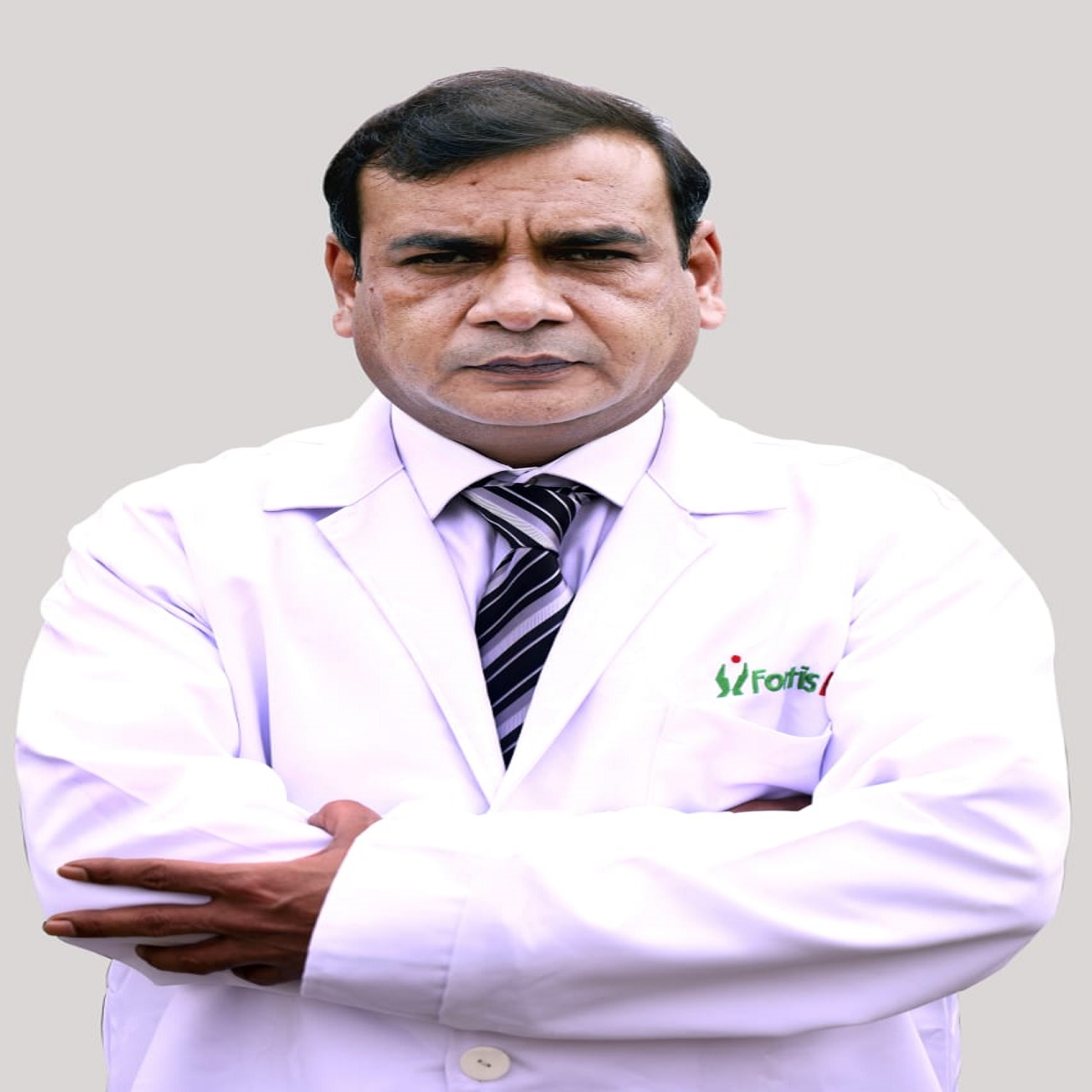
Treating Doctor
Dr. Sanjay Verma
General surgeon- Laparoscopic surgeon
Fortis Escorts Heart Institute New Delhi, India
20 Years of Experience
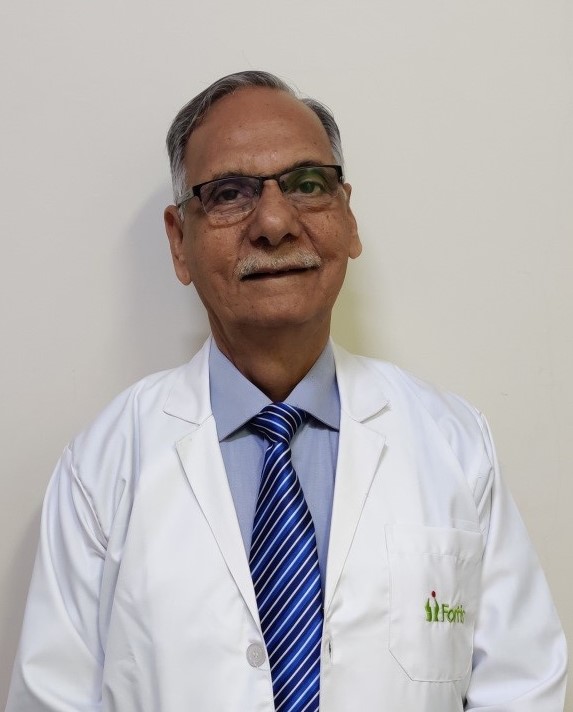
Treating Doctor
Dr. Anand Kumar Chaturvedi
General surgeon- Hernia Surgeon, Appendicectomy, General Surgery, Laparoscopic Appendicectomy, Fitsula treatment, General Surgery, General Surgery
Fortis Hospital Noida Noida, India
45 Years of Experience

Treating Doctor
Dr Shilpa Verma
Lapasoscopic Surgeon- Laparoscopic Surgery, Laparoscopic Surgery, Rhinoplasty, Abdominoplasty, Abdominoplasty, Rhinoplasty, Piles Surgery, Piles Treatment (Non Surgical), Piles Treatment (Non Surgical), Laparoscopic Surgery, Abdominoplasty, Face Lift/ Rhytidectomy, Rhinoplasty, Piles Surgery, Laparoscopic Surgery, Piles Surgery, Piles Treatment (Non Surgical), Abdominoplasty, Face Lift/ Rhytidectomy, Rhinoplasty, Laparoscopic Surgery, Laparoscopic Surgery
Fortis Hospital Noida Noida, India
21 Years of Experience

Treating Doctor
Dr P K Dewan
Bariatric Surgeon- Gastrointestinal surgery, Laparoscopic surgeon, Gallbladder Surgeon, Fistula Surgeon, Fistula Surgeon, Hernia Repair Surgery, Anal Fissure Surgery, Anal Fissure Treatment (Non-Surgical), Diabetic Foot, Endoscopic Surgery, Hemorrhoids, Hepato-Biliary-Pancreatic, Incisional Hernia, Laparoscopic Abdominal Surgery, Navel Laparoscopic, Hepato-Biliary-Pancreatic, Hemorrhoids, Endoscopic Surgery
MAX Super Speciality hospital, Patpadganj Delhi New Delhi, India
42 Years of Experience
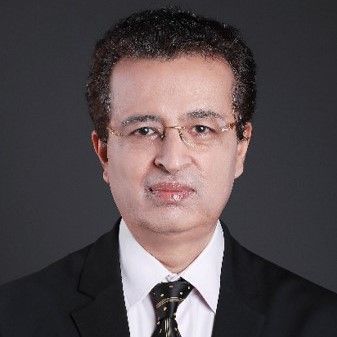
Treating Doctor
Dr Anil Sharma
General surgeon- Hepatobiliary, Hepatobiliary, Gall Bladder Surgeon, Appendix Surgeon, Scarless neck surgery, Bariatric & Metabolic Surgery, Fistula Surgery, Piles Surgery, Diabetes Mellitus, Bariatric & Metabolic Surgery, Weight loss metabolic surgery, Scarless surgery, Cardiomyotomy, Obesity Surgery, Piles Surgery, Fissure, Fistula Surgery, Laproscopic Fundoplication, laparoscopic abdominal and inguinal hernia repair, Treatment of Hernia, Piles Surgery, Thyroid and parotid surgeries
Max Super Speciality Hospital New Delhi, India
27 Years of Experience

Treating Doctor
Dr. Ajay Jain
General surgeon- Cardiothoracic anesthesiology, Bariatric Surgeon, Hernia Surgeon, Cancer Surgeon, Laparoscopic surgeon, Hernia Surgeon, Liver Transplant, Hernia Surgeon, Laparoscopic surgeon, Bariatric Surgeon, Kidney Transplant, Breast Surgery, GI Surgery, Minimal Access Surgery, Piles Surgery, Thoracic Surgery, General Surgery, Breast Surgery, Piles Surgery, Kidney Transplant, Liver Transplant, Laparoscopic Cholecystectomy, Kidney Transplant, General Surgery, Piles Surgery, Advanced Laparoscopic and Robotic Surgeries, GI Surgery, Minimal Access Surgery, General Surgery, Lung Tranplantation, GI Surgery, Breast Surgery
MAX Super Speciality hospital, Patpadganj Delhi New Delhi, India
27 Years of Experience
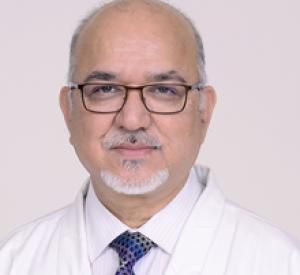
Treating Doctor
Dr Bachan Singh Barthwal
General surgeon- Gall Bladder Surgeon, Minimally invasive surgery, Gastric Band Surgery, Minor Surgery, Laparoscopic hernia surgery (All types), Minor Surgery, Laparoscopic Appendicectomy, Laparoscopic Cholecystectomy, Laparoscopy for Hiatus Hernia, Fitsula treatment
MAX Super Speciality hospital, Patpadganj Delhi New Delhi, India
34 Years of Experience
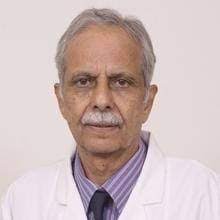
Treating Doctor
Dr Ashok Sabharwal
General surgeon- Hiatus Hernia Surgery, Laparoscopic hernia surgery (All types), Laparoscopic Appendicectomy, Laparoscopic Cholecystectomy, Laproscopic Spleenectomy, Laproscopic Fundoplication, Minimally Invasive Procedure for PILES or Stapler, Video Assisted Anal Fistula Treatment, Laparoscopic Bile duct, Stones Surgery, Laparoscopy for Achalasia Cardia, Laparoscopy for Hiatus Hernia, Laparoscopy for Pseudopancreatic Cysts, Laparoscopy in various Liver Cysts
MAX Super Speciality hospital, Patpadganj Delhi New Delhi, India
27 Years of Experience

Treating Doctor
Dr. B M L Kapoor
General surgeon- Colorectal surgery, Transplant surgery, Trauma surgery, Cardiothoracic Surgeon, Cardiothoracic Surgeon, Critical care, Reconstructive Surgeon, Critical care, Breast Surgery, Breast Surgery, Critical care, Breast Surgery
Indraprastha Apollo Hospitals, New Delhi New Delhi, India
66 Years of Experience


